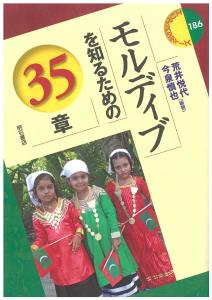As in many developing countries, waste management is one of the greatest challenges faced by the Maldives. The limited or unavailbility of waste collection services, proper treatment, and disposal systems on the islands often results in dumping household waste on the beach, ocean, and forests and also open burning of waste. These activities are causing negative effects on the environment and marine ecosystem. The uncontrolled waste disposal into the sea affects the coral reefs and degrades the aesthetic value of the beaches. The situation is much worst in small islands because of insufficient infrastructure, inadequate budget, lack of human and institutional capacity.
As a solution, the government has been promoting Island Waste Management Centers (IWMC) for the inhabited islands and introduction of Regional Waste Management Facilities (RWMF) covering several islands to operate. The basic idea behind this national programme is to establish a segregated waste collection system in each inhabited island and use IWMC to store the segregated recyclables and also manage the organic waste through composting. After a large volume of recyclable materials are gathered at IWMC, it sends to RWMF for recycling and energy recovery. RWMF will also include specific facilities for the management of special waste. However, a Regional Waste Management Strategy and Action Plan for Zone 6 in Maldives that was prepared by IGES-CCET with the Ministry of Environment, Maldives identified that the successful implementation of these national plans are depended not merely a technical and financial matters, but also a political willingness, awareness and public participation, human and institutional capacity of island councils.

